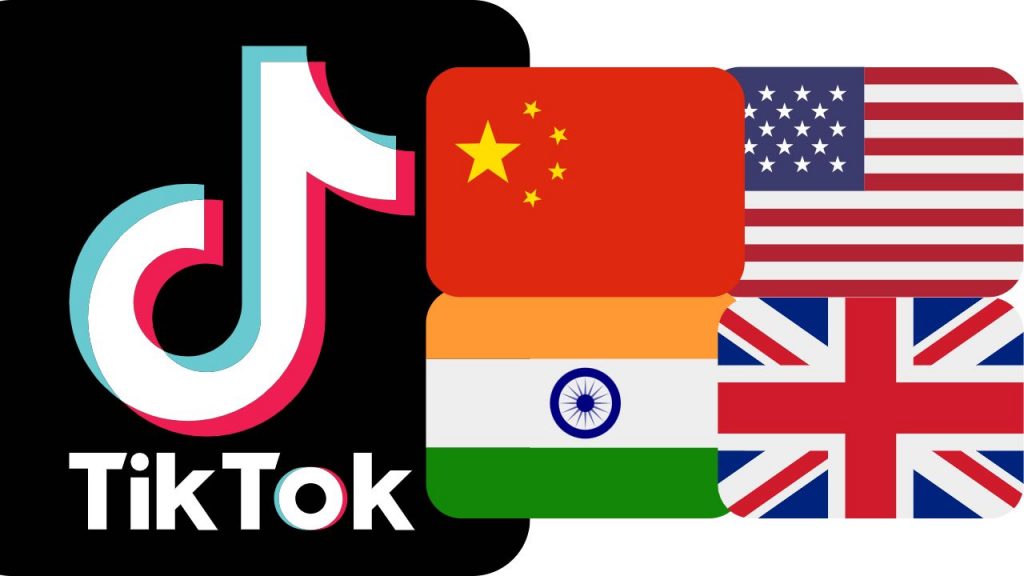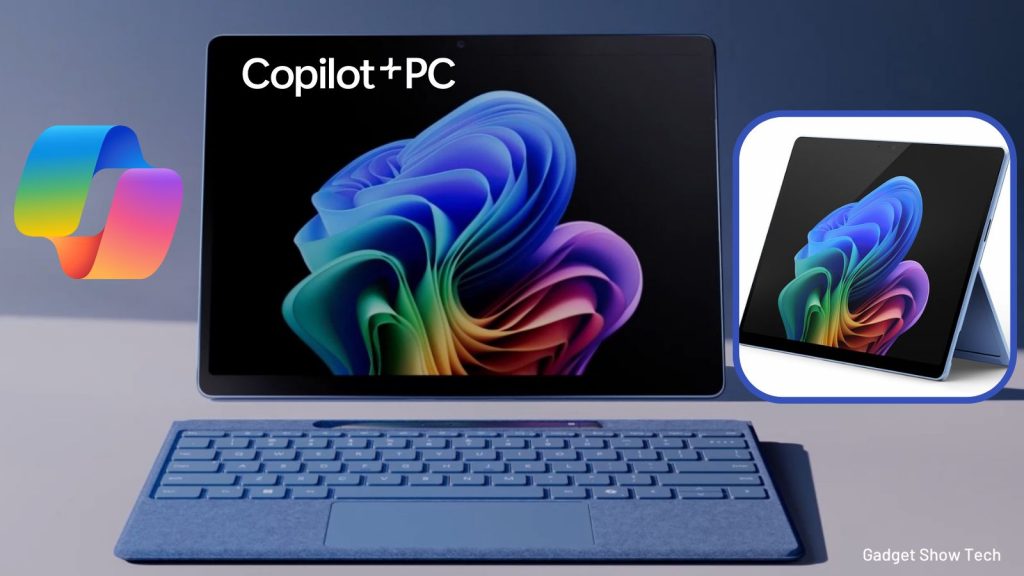The US government is pressuring TikTok’s Chinese owners to sell the social media platform, or else face a potential ban due to concerns about the Chinese government accessing user data.
While TikTok collects data similar to other apps, US officials worry that it could be used for spying or propaganda by China. India has already banned the app entirely, while the US, UK, Canada, and EU have barred it from government devices.
TikTok insists it operates like other social media companies and wouldn’t transfer data to China.
A US ban would likely involve ordering app stores like Apple and Google to remove TikTok, preventing new downloads and ending updates for current users. In India, the government blocked ISPs from providing access to the app or website, but some people used virtual private networks (VPNs) to circumvent the ban.
TikTok could also block US accounts, hurting businesses and content creators who rely on the app. China has accused the US of overreacting and suppressing TikTok. TikTok has over 5 million US business users and is a popular platform for advertising and content creation.
The potential ban on TikTok in the US is significant, given that one in three Americans use the app. If a ban were to occur, it would be unprecedented and could have far-reaching consequences for small businesses and content creators who rely on TikTok to reach audiences and generate income.
While TikTok is popular worldwide, it is particularly popular among younger demographics in the US, making it an important platform for businesses and advertisers looking to reach these audiences.
The ban on government devices in the US, UK, Canada, and EU has already had an impact on TikTok’s usage, but a complete ban would be much more significant. It remains to be seen whether the US government will go through with a ban, or if TikTok will be able to address the concerns about its data collection practices.
As the situation continues to develop, businesses and content creators who rely on the app will need to consider alternative platforms and strategies to reach their audiences.
TikTok has faced increasing scrutiny in recent years, with concerns about the potential for the Chinese government to access user data being a significant factor. The app has denied any wrongdoing and has taken steps to reassure users that their data is safe, including opening a “transparency center” in the US where outside experts can review its data handling practices. However, these efforts have not been enough to assuage the concerns of some governments, including the US.
In addition to the potential ban in the US, TikTok has faced other challenges globally. In India, the app was banned in 2020 along with several other Chinese apps, as part of a broader dispute between India and China. The ban led to a significant drop in TikTok’s user base and revenue in the country, although some people have continued to access the app using VPNs.
The situation with TikTok highlights the complex issues around data privacy and national security in the digital age. While many people enjoy using social media platforms like TikTok to connect with others and share content, there are legitimate concerns about the potential for these platforms to be used for nefarious purposes. Governments around the world are grappling with how to balance the benefits of social media with the risks of data misuse, and it is likely that this debate will continue for years to come.
TikTok banned on UK government devices
The UK Cabinet Office banned the social media app TikTok for government devices, following a security review on 16 March 2023.
The review assessed the potential risks associated with third-party applications on government devices, and the potential vulnerability of government data through social media platforms. The government plans to strengthen policy on the management of third-party applications and introduce a precautionary ban on TikTok for government devices. Although there is currently limited use of TikTok within government, this decision aligns with similar restrictions imposed by other countries, including the US, Canada, and the European Commission.
The ban does not extend to personal devices for government employees, ministers or the general public.








